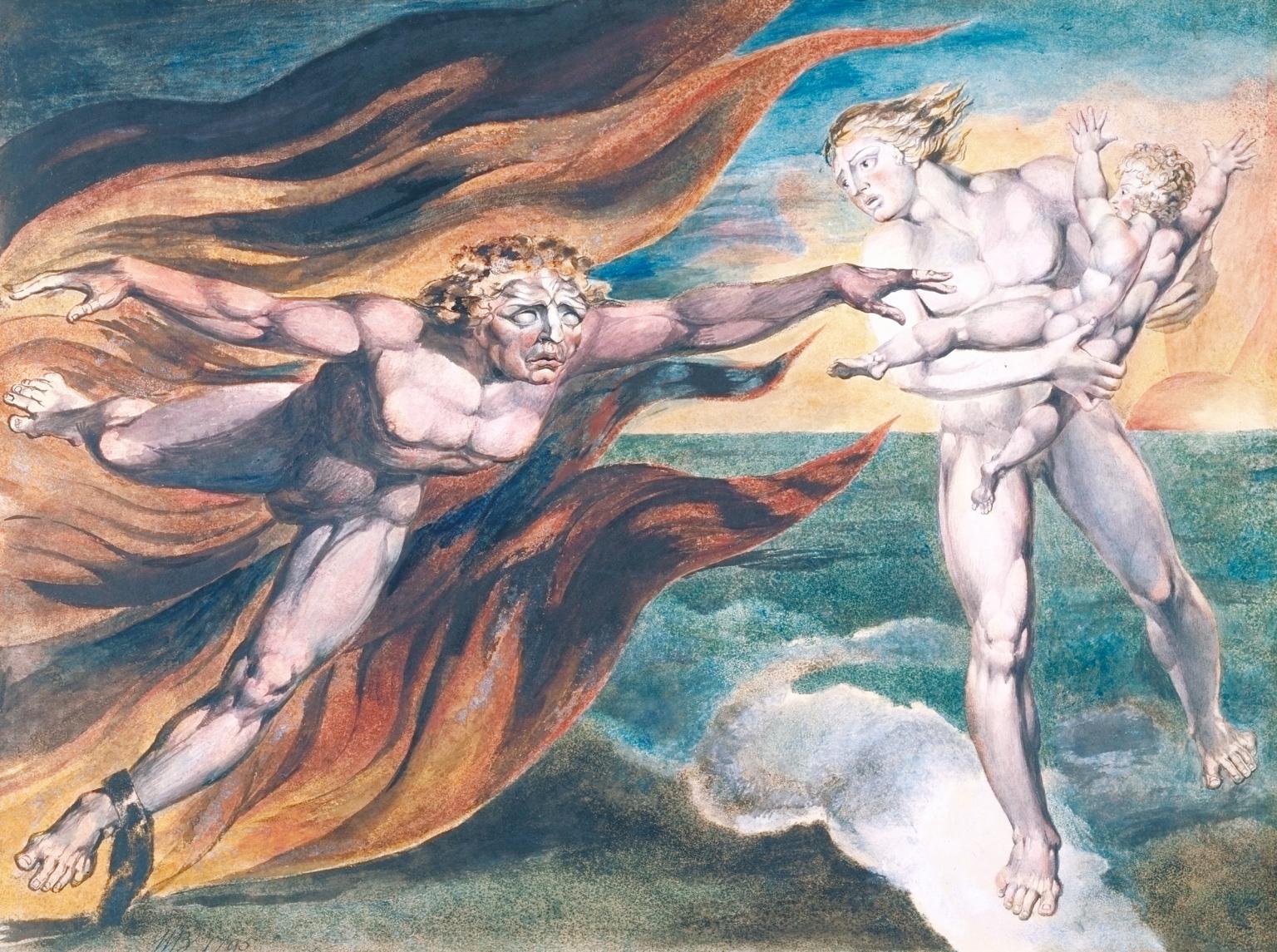The past participle of the Latin verb absolvere is absolutus. It means freed from any restrictions. Modern man wants no “absolutes.” He wants to be loosed from things binding for all times and places.
An “absolute” refers to lines not to be crossed. “Moral” absolutes can, in fact, be crossed. “Thou shalt not kill” does not mean that no killings will take place. It means that, on crossing, “absolute” consequences – either in the here or hereafter – follow.
All things not forgiven remain with us. Indeed, they remain with us even if they are forgiven. Our deeds and words form the character into which we have made ourselves. We are always a “this someone” who, in the days of our mortality, did or did not do this or that.
Let us suppose that we want to deny the existence of absolutes, how would we go about it? Initially, it is easy to imagine why we might want to rid the world of absolutes. Their elimination would, presumably, free us to do whatever we wanted to do with no fear of untoward repercussions.
No doubt, if I want to eliminate the prohibition against murder or stealing, I want it removed only for my own case. I do not want it universalized. I do not want others to feel perfectly free to wipe me out or, with impunity, to abscond unscathed with my hard-earned goods.
We cannot have it both ways. So viewed from this angle, we really do not want absolutes abolished except as convenient for ourselves.
But if we still insist on abolishing absolutes, we might approach the issue from the angle of authority. Who says that any absolutes exist? Scripture, for instance, has some pretty hefty “thou shalt nots.” But why should we bother about Scripture? Who knows what it said? Who was around to check the accuracy of its recorded prohibitions? Why could not the “thou shalt nots” have held only in that ancient time or in those strange customs?

Descartes even worried that maybe the devil was deceiving us so that we could not rely on our senses to tell us anything reliable about what is going on in the world. But if no God exists – or, if we cannot figure out who said what – it is senseless to trust any authority that sets down absolutes. When Christ pardoned the lady caught in adultery, He told her: “Go and sin no more.” Wasn’t He violating her “rights” to live the way she wanted to live?
Still, if we find no divine authority capable of defining or enforcing absolutes, what about the state? Can’t it enforce whatever it wants? Isn’t that what Hobbes taught? This civil absolute power seems to be pretty much true. But states differ. They can change from day to day as to what they consider absolute. Opposites can be absolutes on given days.
Likewise, scientifically inter-related absolutes seem to exist. If they did not hold, the world would not stay together. No one wants to change the speed of light or the fact that we human beings are born with hands and brains. The range of sound waves that we can and cannot hear seems pretty absolute.
When we come right down to it, the number of absolutes that we might want to change is very minimal. The only way an outfielder can catch a fly ball is if a) the ball is not made of lead, b) a batter hits the fly, c) the ball comes down on an arc, and d) the legs, eyes, and hand of the fielder are so coordinated that they are there where the ball comes down. If these absolutes are not permanent, don’t bother to take me out to the ballgame.
If the world were not full of absolutes, we could not live in it. Indeed, we would not want to live in it. The problem that we human beings have concerns only a few absolutes. These are the absolutes that indicate what we are and how we ought to live, even when we do not observe them.
The annoying trouble with absolutes usually shows up when we do not observe them. For some reason, all sorts of unwelcome things happen to ourselves or others that we are reluctant to attribute to ignoring the absolutes. We develop a whole rhetoric that usually ends up reassuring us that what we did was just fine. The fact is that no one can violate any absolute without giving some reason why it is quite all right
Where does this leave us? We usually end up proving the existence of absolutes by seeing that our reasons to prove them wrong actually prove them right. The witticism that no good deed goes unpunished deserves one addendum: “No bad deed,” as Plato said, “goes unpunished either.” That too is an absolute.














